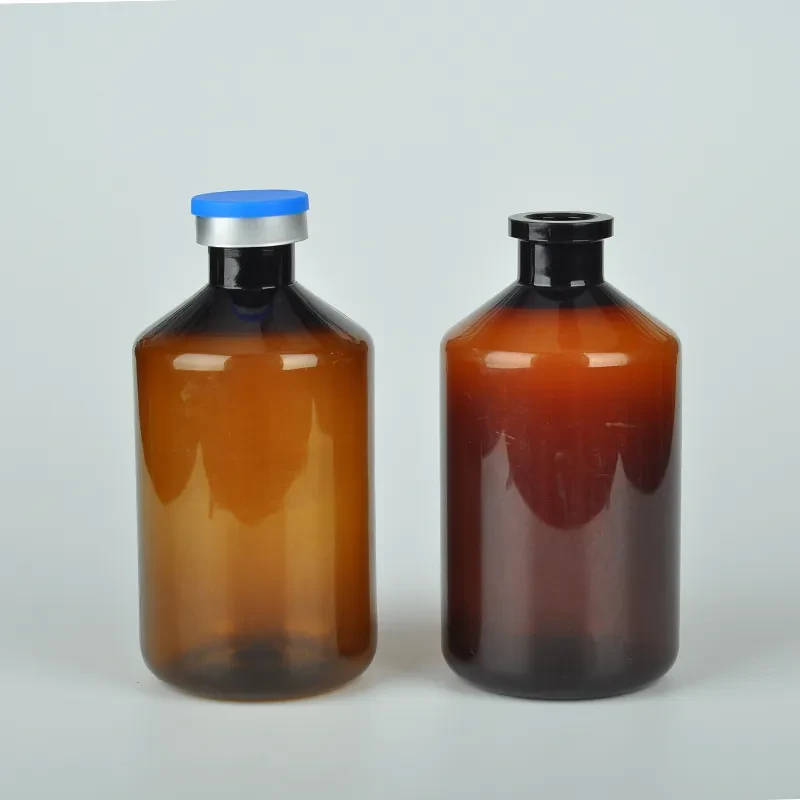disposable plastic juice bottles
The Environmental Impact of Disposable Plastic Juice Bottles
In recent years, the consumption of juice has risen dramatically, with many people opting for the convenience of pre-packaged beverages. However, with this convenience comes a significant environmental concern disposable plastic juice bottles. While they make our lives easier, the long-term effects of these bottles on our planet are simply too great to ignore.
The Ubiquity of Plastic Juice Bottles
Disposable plastic juice bottles are ubiquitous in supermarkets, convenience stores, and vending machines. They are lightweight, unbreakable, and often more affordable than their glass counterparts, making them an attractive choice for manufacturers and consumers alike. However, these benefits come at a hefty environmental price. The production process for plastic bottles is energy-intensive and involves the extraction of fossil fuels, leading to carbon emissions that contribute to climate change.
The Lifecycle of Plastic Bottles
To understand the full impact of disposable plastic juice bottles, it is essential to consider their entire lifecycle
. Firstly, the manufacturing process begins with petroleum extraction, which not only depletes a non-renewable resource but also pollutes air and water. Next comes the actual production of the bottles, a process that emits greenhouse gases and requires substantial amounts of water—an increasingly scarce resource in many parts of the world.Once the bottles are filled with juice and distributed, many consumers misuse or are unaware of proper recycling practices. According to estimates, only about 9% of plastic ever produced has been recycled. The rest ends up in landfills, incinerators, or the environment, where it can take hundreds of years to decompose. During this degradation process, microplastics can leach into the soil and waterways, resulting in further environmental harm and posing risks to wildlife and ecosystems.
The Pollution Problem
disposable plastic juice bottles

The plastic waste resulting from disposable juice bottles is a significant contributor to global plastic pollution. Plastic litter is often found in oceans, rivers, and other natural landscapes, leading to the death of marine life and birds that ingest or become entangled in plastic debris. It has been reported that hundreds of thousands of marine animals die each year as a result of plastic ingestion. Moreover, plastic pollution negatively impacts tourism, fishing, and recreation—areas that are vital for many economies worldwide.
The Quest for Alternatives
In light of these pressing issues, it is imperative to seek alternatives to disposable plastic juice bottles. Several companies are already making strides in this direction by producing biodegradable or compostable packaging made from natural materials. Innovations such as reusable juice containers and concentrated juice powders are also gaining popularity. These alternatives drastically reduce waste and emissions associated with packaging.
Consumer behavior plays a crucial role in the adoption of these alternatives. By choosing products packaged in environmentally friendly materials or opting for fresh juice made in-store, consumers can help push manufacturers to shift away from plastic. Additionally, education around proper recycling practices can improve recycling rates and reduce the amount of single-use plastic waste entering our landfills and oceans.
Legislative Actions
Governments worldwide are also beginning to take action against plastic pollution. Many countries have implemented bans or taxes on single-use plastics, including water bottles, straws, and plastic bags. These legislative measures encourage both companies and consumers to adopt more sustainable behaviors. By promoting the use of refill stations, encouraging the sale of juice in glass or aluminum containers, and supporting local juice makers, communities can significantly reduce their reliance on disposable plastics.
Conclusion
Disposable plastic juice bottles may be convenient, but their environmental consequences are severe. From the extraction of fossil fuels to the pollution resulting from plastic waste, the lifecycle of these bottles paints a grim picture for our planet. It is our collective responsibility—consumers, businesses, and governments alike—to take action. By advocating for alternatives, supporting sustainable practices, and pushing for necessary legislative changes, we can mitigate the dark impact of disposable plastic juice bottles and work towards a more sustainable future. The choice is ours—let’s ensure that convenience does not come at the expense of our environment.
-
Aesthetic Makeup Spray Bottles | Fine Mist Empty RefillableNewsAug.19,2025
-
White Plastic Veterinary Vaccine Vials | Lab Liquid BottlesNewsAug.18,2025
-
Plastic Medicine Liquid Bottle: Secure Flip Top Drug VialsNewsAug.17,2025
-
Durable 250ml Blue Plastic Vaccine Vial for Lab & Vet UseNewsAug.16,2025
-
Sterile Virus Sample Tubes: Secure & Reliable Specimen CollectionNewsAug.15,2025
-
White 250ml Plastic Vaccine Vial for Lab & Vet MedicineNewsAug.14,2025
























